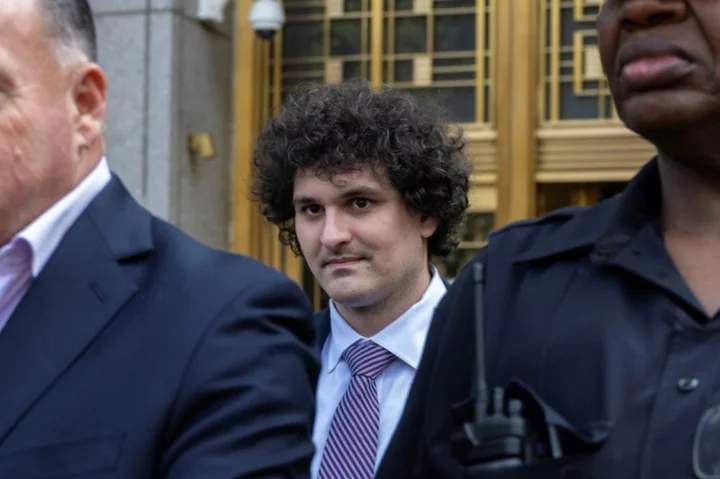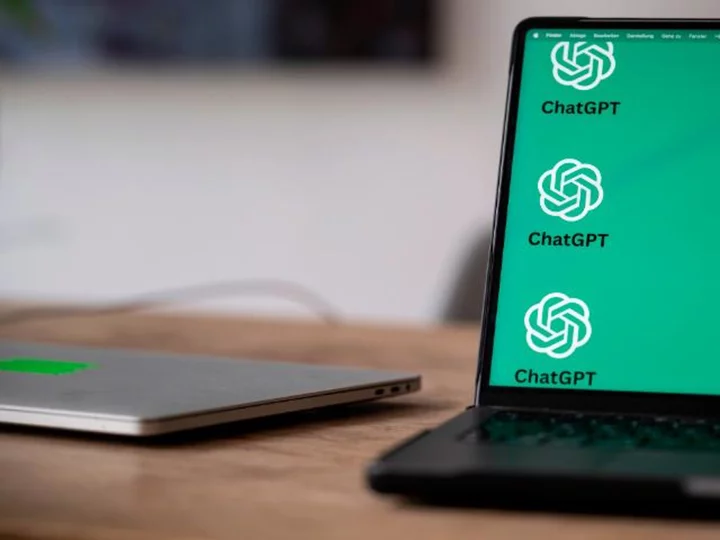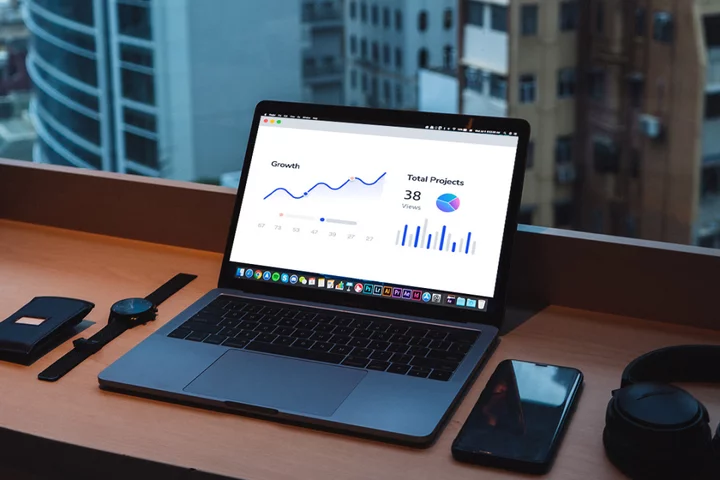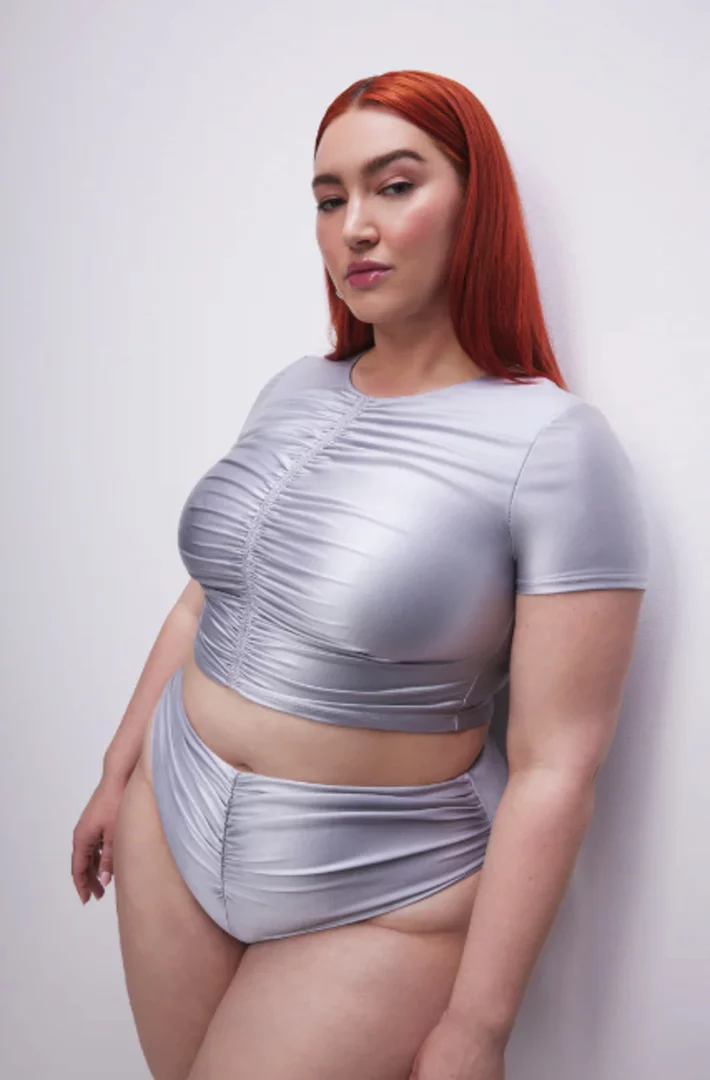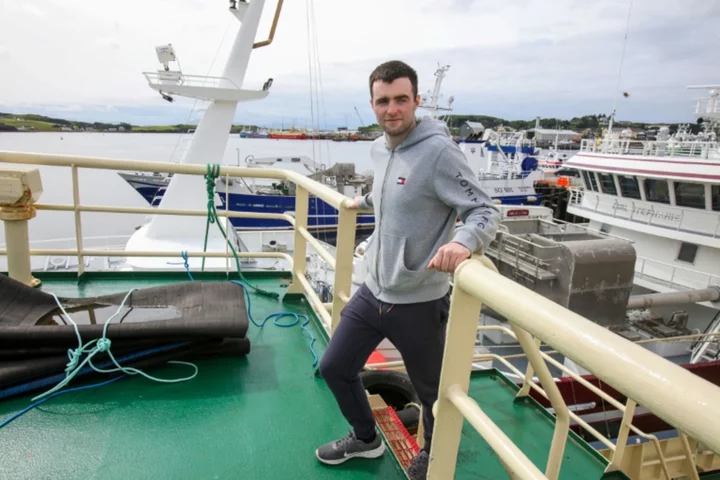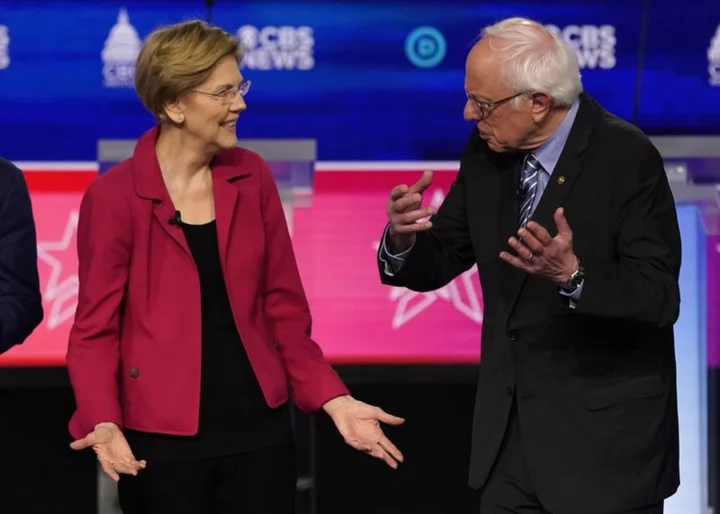Former crypto tycoon Sam Bankman-Fried struggled on Tuesday to explain his behavior during the last days of his FTX empire, as prosecutors shone a light on his willingness to take massive risks.
Bankman-Fried's last day of testimony ended four weeks of courtroom drama in which his former colleagues took turns to insist that the 31-year-old was behind key decisions at the doomed crypto exchange.
The Massachusetts Institute of Technology graduate has been charged with seven counts of fraud, embezzlement and criminal conspiracy and faces decades in prison if found guilty on all counts.
His downfall followed FTX's meteoric rise in which the platform became the world's second biggest crypto exchange -- making Bankman-Fried a tech-world billionaire sensation.
The prosecution's closing arguments will begin Wednesday.
In the last day of her withering cross-examination, US prosecutor Danielle Sassoon honed in on the final days of FTX.
"SBF" is accused of illegally using funds deposited on the FTX platform, which went bankrupt in November 2022, without customers' knowledge to cover bad investments at Alameda Research, his hedge fund.
"You never instigated measures to segregate" FTX's customers' money? Sassoon asked the defendant.
"I don't remember giving any directions," Bankman-Fried admitted.
Up to $14 billion was siphoned off to fuel Alameda Research's often risky investments, which Bankman-Fried said was the responsibility of Caroline Ellison, his former business partner and girlfriend.
Sassoon asked Bankman-Fried to detail the arrangements made when he discovered, in the fall of 2022 according to him, that Alameda owed billions of dollars to FTX customers.
Bankman-Fried recalled asking Alameda executives for an explanation, in response to which "I was told they were busy and I should stop asking questions."
The former multi-billionaire, whose fortune went up in flames with the demise of FTX and Alameda, admitted to a series of investments made with customer funds, including $35 million worth of real estate.
These investments were not easy to cash out in the event of a run on FTX, as happened in November 2022 when customers asked for their money back.
Were you ready to "maximize the potential to make money even if it created the risk of going bust?"
"It depends on the context," Bankman-Fried replied evasively.
That evasiveness dominated Bankman-Fried's testimony, in which he responded repeatedly on Monday that he could not recall making statements to the media or lawmakers that seemed to contradict the dire state of his business at the time.
tu/arp/st

